The War in Afghanistan: A Monumental Waste
We have all seen the latest headlines about the war in Afghanistan. As of now more than two thousand American troops are dead. Innumerable others suffered wounds. More deaths and injuries will occur over the next weeks and months as America and the NATO forces wind down and mostly get out of the country by 2014. Many of the latest deaths are “green on blue,” meaning, in case you do not know, so-called friendly Afghan troops and trainees turning their weapons on their American counterparts. These seem to happen daily. Sometimes the killings are by the Taliban, by anti-government sympathizers, or simply disgruntled and ignorant men who object to and do not understand the ethos of those who train them and work alongside them. There is also a fair share of “green on green” killings where Afghans kill each other for a myriad of reasons, including tribe against tribe in a society dominated by tribalism and an inability or desire to move into the 21st Century.
The question simply put is what are we doing in that inhospitable country now that Bin Laden is dead? It should be clear that we are not going to build a nation out of one that never existed and does not now exist in any form.
Recent polls indicate a growing weariness about the war in Afghanistan. They show that some 60 percent oppose the war. Only 31 percent of the American people are in favor of the war. That is not a mandate to continue fighting. Yet, the war goes on. Add to this the fact that war in the 21st Century is increasingly difficult for the press to cover, even one that our generals would like us to think is more traditional and similar to Iraq but different from what happened in Libya and is taking place during the civil war in Syria.
War is unlike any other experience known to man. We all that, and if not, we should. Consider that with so many wars in progress seemingly all the time, perhaps war is our natural state. If so, that is too bad. Maybe the idea of peace and tranquility is foreign to our nature. Whatever the case, there are things about war that are inescapable. Actions in war maim and destroy not only those who fight, but innocent civilians and everything around them, meaning where they live and how they live. These are truths we do not see often enough, either in the legacy media or in the digital world. We almost never see these sentiments expressed on television, except in increasingly angry outbursts on cable news shows that have more heat but shed almost no light on any subject, especially war.
To be fair, TV news has been doing stories about the difficulties of the service men and women who survive the war. Because radio is either innocuous pop music or illogical ranting, it also fails in its duty to inform. The failure of the mass media in general to help us understand the war in Afghanistan is all too obvious.
Is there a lack of coverage because there is no interest or is there no interest because there is a lack of coverage? News bureau are small in Afghanistan. Except for major newspapers such as The New York Times and the Washington Post, and wire services such as the Associated Press, hardly anything about the men and women who are in the fight lands in print. One excuse is money: because the cost to maintain a foreign news bureau is high. Another is the danger editors think they expose their reporters to in a war zone. But reporters discover their own limits on how they expose themselves to danger. These are weak excuses for the lack of coverage.
Party, as do others, I blame the lack of interest among the reading/viewing public on the fact that we have an all-volunteer army. It means that very few Americans have a personal stake in the war. A volunteer army rarely engages a significant portion of the populace. The other reason is the famous dog chasing its tail syndrome that says because there is no interest there is little coverage and vice-versa. The question is when did the dog start chasing its tail? Very few major battles such as Fallujah and others that took place in Iraq to sustain our interest there happen in Afghanistan. Of course, there are the cultural sidebar stories such as how tribes dominate life, the plight of women, the cruelty of the Taliban, corruption in the government of Hamid Karzai and the continued growth of opium as the primary cash crop. But those stories appear to be the same with very little that is new.
We need more coverage of the war but I fear that will never happen. More coverage could lead to greater understanding of the futility that is the war in Afghanistan. More coverage, though, does not mean that news organizations will get their heads out of the sand about what is really going on in Afghanistan. As America draws down the number of troops — though the word is that after 2014, 20,000 American troops will remain— and as we reduce our active role pursuing what has become a war we cannot win, maybe coverage will increase. Do not bet on it, though.
A final note. As we watch the campaign for president in its final stage, we should realize that Afghanistan is rarely if ever mentioned. Nor is much said about foreign policy in general. Perhaps Afghanistan will have some exposure during the coming debates. For the good of us all, we can only hope.
Editor’s Note: All photographs by ISAF Media.
Related Articles


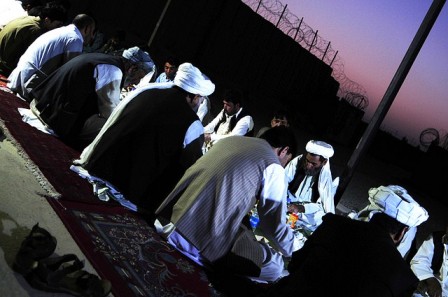
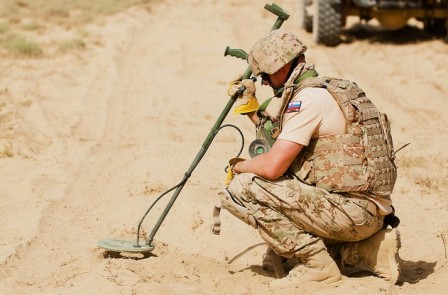
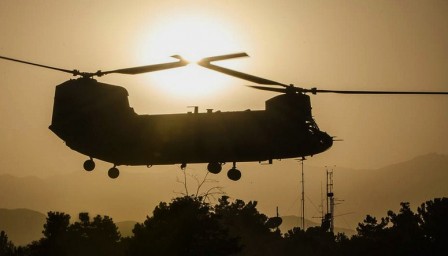
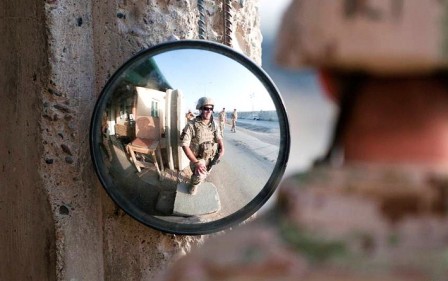
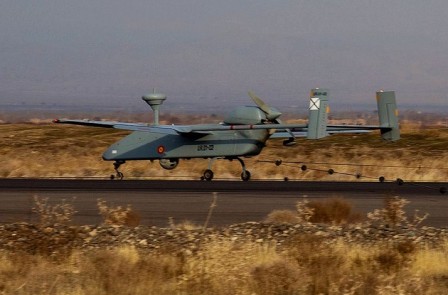
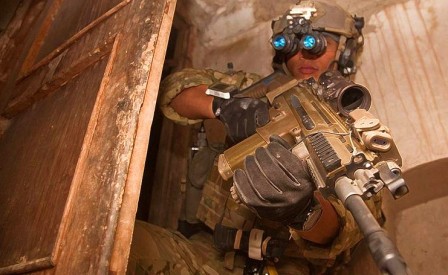
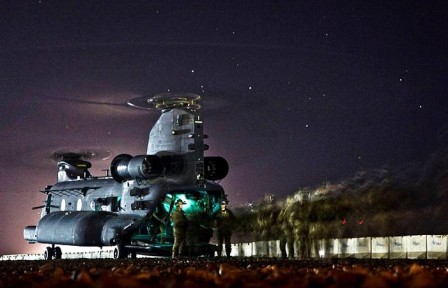
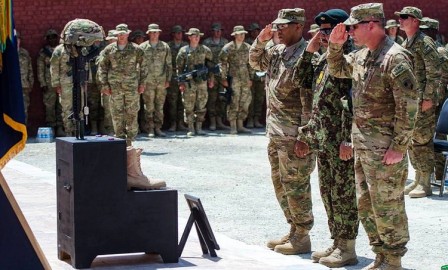











One Response to The War in Afghanistan: A Monumental Waste
You must be logged in to post a comment Login